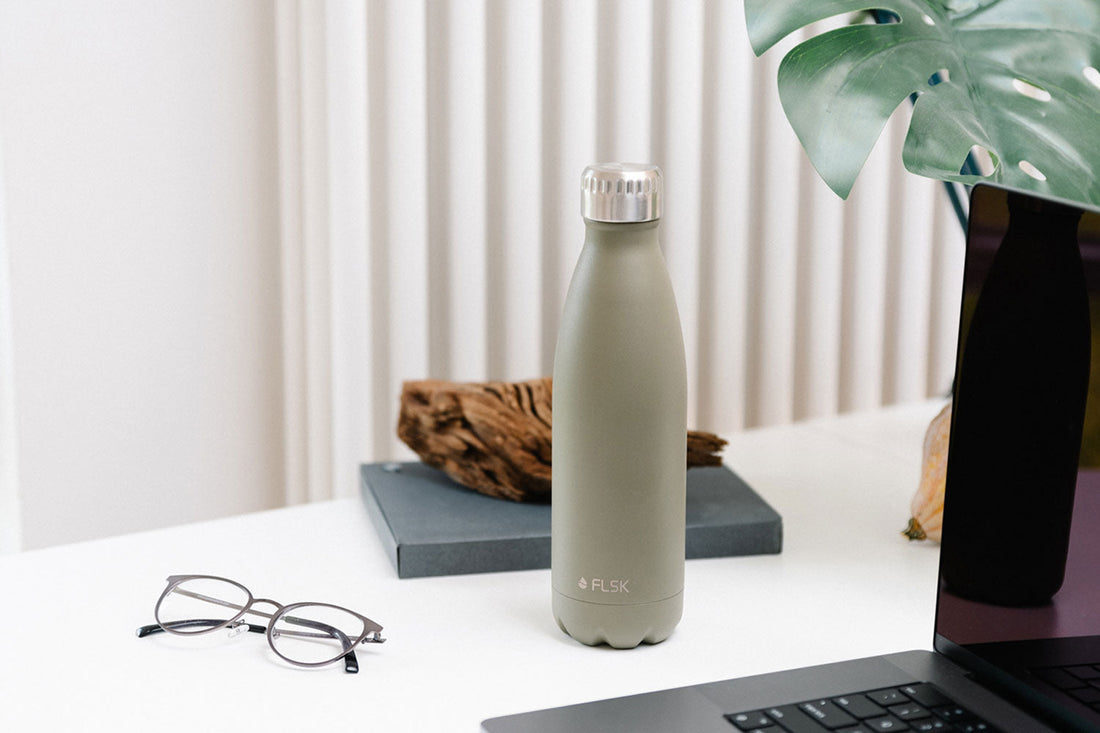Sustainable Business

Until a few years ago, it was clear that business was all about money. Eternal growth, profit maximization, profits ... the declared goal of all companies in our economic system was "more". Produce more, sell more, earn more. It is obvious that this cannot work on a planet with a growing population but limited resources.
And from there, it was not far to identify capitalism as the culprit of climate change and other ills, such as labor exploitation. However, seeing evil capitalism and its disciples, corporations, as enemies is too short-sighted and gets us nowhere. We will continue to need companies in the future, and they must also make profits. However, this can also be done sustainably.
What does "sustainable business" mean?
There are many definitions of sustainability. We particularly like the one that says everything is sustainable that could be continued indefinitely. In other words, a course of action that is self-sustaining and does not take away from itself at some point. Or to put it another way: if I still want to sell apples tomorrow, I should not only harvest diligently today, but also plant apple trees and fertilize the soil once in a while.
"If we really want to take sustainability seriously, we as a society and as a company must honestly ask ourselves how we can redefine successful economic activity. Continuous growth, which means always consuming more, as a measure of success is increasingly leading to an irreversible dead end!“ Quentin, CEO at FLSK
One can roughly divide sustainability in relation to companies into three aspects:
- Environmental sustainability: environmentally friendly companies use production materials, resources and natural life resources responsibly. They refrain from using scarce or critical raw materials and prefer to use resources in cycles. CO2 emissions are considered an important yardstick, which is why the topic of climate neutrality is high on the agenda of many CEOs.
- Economic sustainability: Sustainable companies not only want to have a positive effect on nature and society. They also do their utmost to be economically successful, i.e. to earn money. In neutral terms, money is a tool that can be used to do a lot of good. And we don't just mean donations. If companies are in a good financial position, they can develop further, invest in new ideas and achieve more in the long term. They are also more resilient - a crisis can't throw them off course so quickly, which in turn secures jobs.
- Social sustainability: A sustainable company assumes responsibility for the well-being of its customers and employees. This includes, for example, fair working conditions or support for social projects. But it also means that a product benefits the user and does not deliberately cause harm (think of over-sugared breakfast cereals that specifically target children).
Profit? Yes, please. But not only.
In truly sustainable companies, the well-being of people and the environment is just as important or even more important than making money. This can be expressed in different ways, because sustainability is practiced differently in every company. For example, there are companies that offer a product or service that is not decidedly sustainable, but operate in a climate-neutral manner.
And then there are companies like FLSK. With our work, we make an ecological and a social contribution. We fight against the inflationary use of disposable cups and bottles and enrich the market with products that are produced as fairly as possible, contain no harmful substances and last a lifetime. Together we are on the way to becoming a climate-neutral company. You want to know more about what FLSK is doing in terms of sustainability? Take a look at FLSK Movement.
- Engraveable.
FLSK coffee cup
350 ml · stainless - all natural
- Engraveable.
FLSK drinking bottle
500 ml · white
- Engraveable.






